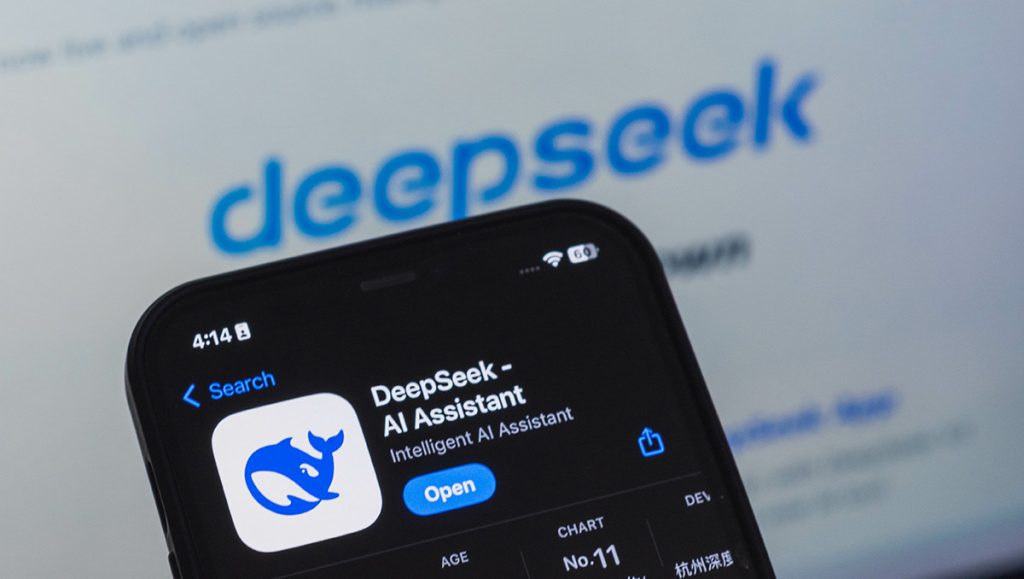Microsoft says DeepSeek is banned for staff
Microsoft has revealed that company staff are barred from using the app for Chinese-made AI DeepSeek due to concerns with propaganda and data security.
In a Senate hearing yesterday, Vice Chairman and President of Microsoft Brad Smith announced that DeepSeek has been banned within the organisation for employees.
“At Microsoft we don’t allow our employees to use the DeepSeek app,” Smith said, citing that DeepSeek’s data is stored in China and therefore presents a security risk for its users, with access from the Chinese government likely as a result of local legislation which requires organisations to cooperate with Chinese intelligence.
You’re out of free articles for this month
He also said that the answers that DeepSeek grants could be shaped by “Chinese propaganda.”
DeepSeek actively hides responses that are critical of China and evades talking about specific events or topics that highlight its injustices.
With the announcement, Microsoft joins a large number of companies that have banned DeepSeek for internal use, including Australian organisations like The ABC, the NBN and AusPost, as well as many national and state governments.
However, Microsoft has not completely eliminated its relationship with DeepSeek. Whilst staff are unable to use the DeepSeek app, the company still offers the DeepSeek R1 model on its Azure cloud service.
Microsoft’s DeepSeek offering eliminates the security concerns. Thanks to the AI being open source, it can be downloaded and stored locally. Microsoft can then offer it to its clients without the data being stored in China.
Smith also said that Microsoft was able to change the R1 model and remove “harmful side effects”, which suggests that the risk of Chinese propaganda was mitigated. However, Microsoft nor Smith have specified this.
DeepSeek disrupted the AI market earlier this year with the release of its R1 model, being able to compete with US AI like ChatGPT despite government implemented training restrictions.
For context, the administration of former US president Joe Biden introduced a number of bans to restrict the export of advanced chips to China, which are used to train these AI models, in an effort to limit AI training in China and keep the US ahead of the race.
As a result, previous attempts at advanced generative AI models from China such as the first Chinese LLM from Chinese search engine Baidu, were underwhelming and unable to compete with the US market.
However, DeepSeek said its V3 model was trained using NVIDIA H800 GPUs, an older, less powerful chip that is used by OpenAI.
The H800 is a modified NVIDIA H100, the chip typically used by US AI developers for its superior power. The H800 has a lower chip-to-chip transfer rate, among other changes, and has been modified for export to China, allowing NVIDIA to keep the market without giving China the power to compete.
Not only has DeepSeek managed to train its AI model on the inferior chip, it’s also been able to do it for cheap. The company claims that V3 was trained on 2,788 thousand H800 GPU hours. At a rate of US$2 per GPU hour, the total comes out to only US$5.58 million.
Admittedly, the costs are only for V3’s final training run, but they still represent a “win” over US technology giants

Daniel Croft
Born in the heart of Western Sydney, Daniel Croft is a passionate journalist with an understanding for and experience writing in the technology space. Having studied at Macquarie University, he joined Momentum Media in 2022, writing across a number of publications including Australian Aviation, Cyber Security Connect and Defence Connect. Outside of writing, Daniel has a keen interest in music, and spends his time playing in bands around Sydney.

